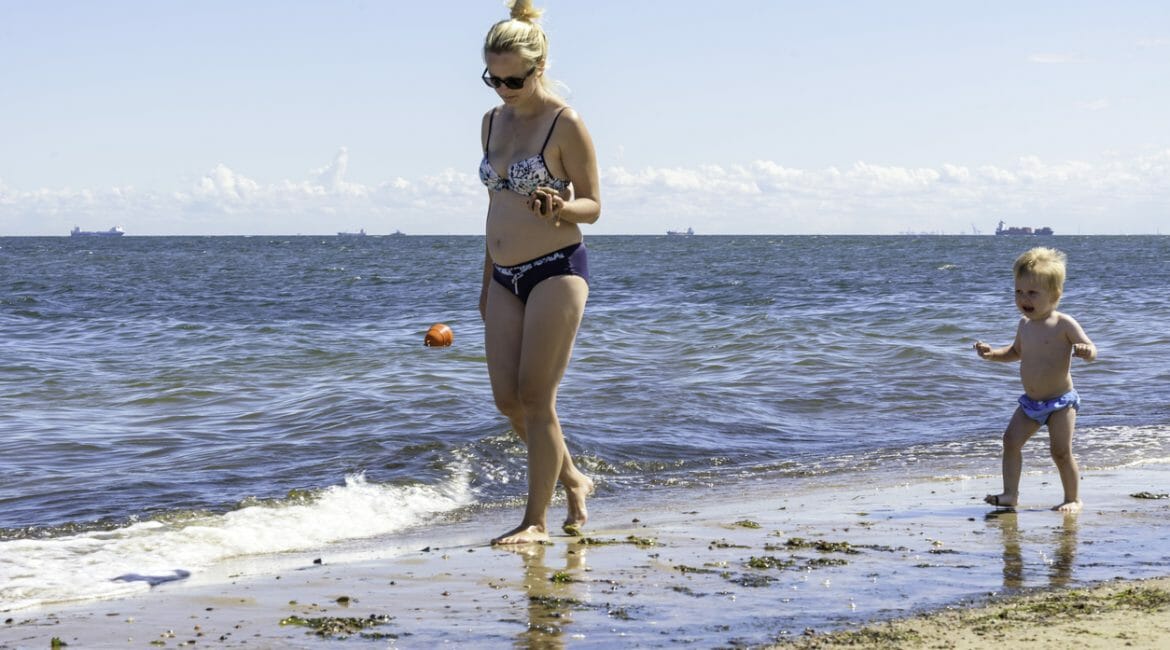I don’t know about you, but I find that spending time with the family and triathlon training don’t always jive.
Training for a half or full Ironman is a big commitment that requires careful planning and time management. But with some strategic planning, it’s entirely possible to juggle triathlon training with your personal and professional life.
Here are some tips to help you strike the right balance:
Prioritize Your Time
Before you start training, take a close look at your schedule and identify any free time that could be dedicated to training. Early mornings, lunch breaks, and evenings are often good times to fit in workouts. Don’t forget to factor in time for recovery and rest. I find that going out first thing in the morning helps me.
Create a Training Plan
A structured training plan can help ensure that you’re spending your time efficiently. It should include all three disciplines (swimming, cycling, running), as well as strength training and recovery days. Stick to your plan as closely as possible, but be flexible and willing to adjust if necessary.
Combine Socializing and Training
If you’re finding it hard to balance socializing with training, why not combine the two? Find a training buddy or join a local triathlon club. It can make your workouts more enjoyable and keep you motivated. For me, training with my training buddies motivates me and keeps me accountable.
Involve Your Family
If you have children, get them involved in your training. They can bike alongside you while you run or cheer you on from the poolside. This can help you spend quality time with your family without compromising your training. When I first started running, I used to run with my kids and that made me so happy!
Effective Multitasking
Athletes often find themselves with limited free time, so it’s important to multitask and make the most of each day. Schedule your strength-training sessions around other tasks like running errands or meeting up with friends.
Focus On Quality Over Quantity
It’s easy to become overwhelmed by high training volumes, but this can lead to burnout and fatigue.
Consider ways to multitask effectively without sacrificing the quality of your training. For instance, you could listen to industry podcasts or audiobooks during long training sessions.
Nutrition and Sleep
Eating a balanced diet and getting enough sleep can help your body recover faster and perform better during workouts. It also ensures you stay healthy and able to manage the other responsibilities in your life. I try to go to bed by 8:30 pm so that I get enough rest to get through my workouts in the morning.
Stay Organized
Use tools like calendars, apps, or planners to keep track of your training schedule, work deadlines, and personal commitments. Seeing everything in one place can help you stay organized and prevent you from becoming overwhelmed.
Seek Support
Connect with fellow athletes and coaches for advice, motivation, and accountability. Training doesn’t have to be a solo journey; having a support system can help you stay on top of your game. Although I have a virtual triathlon team, WeREndurance, we have weekly webinars that keep us connected.
Take Breaks
Don’t forget to take breaks when needed! Rest days are important for allowing your body to recover from all the hard work it
Don’t hesitate to ask for support from friends, family, or even a coach. They can help you stay motivated, provide practical assistance, or simply lend a sympathetic ear when things get tough.
Remember, training for a half or full Ironman is a huge achievement in itself. Be proud of your progress, stay patient, and remind yourself of your end goal when things get tough. With careful planning and a balanced approach, you can successfully juggle Ironman training with the rest of your life.


